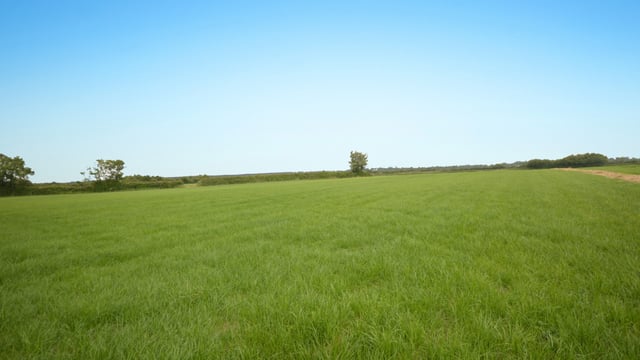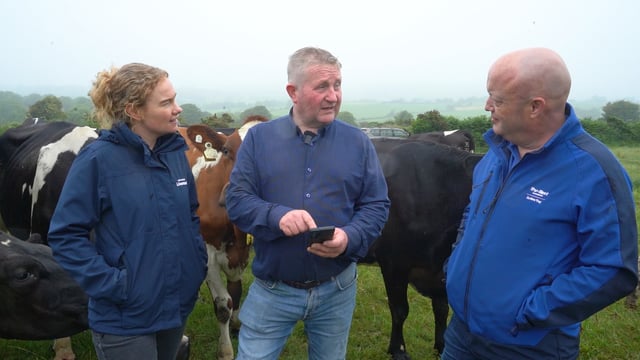'Despite efforts to reduce bias, gender-based barriers persist' in agri-food tech
"Despite efforts to reduce bias and promote equity, gender-based barriers persist and prevent women from realising their full potential," according to a new report on women in agri-food technology (tech).
Over one billion people are employed in agriculture globally, 38% of whom are women.
Research carried out by Karen Karp & Partners (KK&P) for EIT Food, a European Knowledge and Innovation Community, shows that female entrepreneurs only receive "a fraction of venture capital funding across investment generally and, in some cases, are subject to extreme forms of negative gender bias and discrimination when fundraising".
The objective of the research was to better understand the experiences and barriers for women as they "create and scale agri-food businesses, and commit to interventions that will advance gender equity" in the food entrepreneurial ecosystem.
The investigation includes information gathered from a survey administered to current and past participants in EIT entrepreneurship and education programmes, along with interviews with investor partners.
Despite the challenges, the research shows that "female-owned digital tech startups are more likely to be successful than those of their male counterparts and improving gender equity in entrepreneurship could create millions of extra jobs and boost the EU economy by trillions".
The survey results show that:
Engaging men is seen as "a critical part of the solution to reduce negative gender bias" for women in agri-food tech.
Across the broad entrepreneurship ecosystem, "just 24% of respondents agree that men are making an effort to create gender parity, compared with 39% who believe no effort is being made".
In the Dáil this week, Minister Charlie McConalogue said that it has been "refreshing" for the agriculture sector to see an "increasing number of women take up leadership roles".
Sinn Féin TD Matt Carthy told the minister that there are "many female farmers across the country - the difficulty is that very few of them are recognised as such".
"The level of female farm ownership is pitifully low," the deputy added.
"We all have a role to play in encouraging farm families to move beyond the notion that it is the eldest son or another son who automatically takes over the farm.
"Farms can become richer and better places if a broad spectrum of young people and women are entering that process."
The minister noted the Central Statistics Office (CSO) Labour Force Survey 2019, which shows that 13% of workers in the primary agriculture, forestry and fishing sector were female.
"For 2020, the figure was 15%, the highest since 2010," the minister said.
"The CSO’s 2016 Farm Structure Survey recorded 71,700 women working on farms, of whom fewer than one quarter, or 16,100, were farm holders.
"In a European context, the number of women in farming has been slowly increasing and data from 2016 suggests that, on average, approximately 30% of farms across the EU are managed by women.
"That is significantly higher than the figure for Ireland, albeit with some considerable differences across countries."
The minister added that the development of the Common Agricultural Policy (CAP) strategic plan involves a number of stages, including a SWOT - strengths, weaknesses, opportunities and threats - analysis and a needs assessment.
"The SWOT analysis in preparation for Ireland's plan identified gender inequality and the low levels of female participation in the agri-food sector, especially in leadership roles, as weaknesses; while the economic benefits of increasing female participation were identified as an opportunity," the minister said.





